As summer starts to give way to fall and nighttime temperatures begin to drop, swimming pool companies begin to see an uptick in phone calls and emails from customers who think their pool may have a leak. They observe their water level dropping noticeably from one day to the next, and are convinced that a crack or hole must be letting water escape. While that may be true in some cases, more often there is a different mechanism at work: evaporation.
What is Evaporation? And How is it Calculated?
Evaporation occurs when heat causes water to turn into vapor or steam, like when you’re boiling water on the stovetop. However, evaporation isn’t always a dramatic or even visible process — nor are high temperatures needed to kickstart the process. Evaporation can also occur as a result of ambient heat, like the hot sun outdoors baking the surface of your pool. Evaporation can be calculated using mathematical equations or evaporation rate maps; but an easier method is to use a tape measure, or get in touch with a professional who can make a precise assessment.
How Much Water Actually Evaporates From a Pool?
What is the normal evaporation in a swimming pool? Generally speaking, pools lose approximately 1/4” of water per day on average, though this can vary due to factors like wind, temperature, humidity and of course, the pool’s total surface area. Depending on the climate where you live and the size of your swimming pool, you could be losing thousands of gallons per year of water. For example, a 400-square foot pool might lose as much as 10,000 gallons per year to the process of evaporation — enough to throw your pool’s delicate chemical balance seriously out of whack. The hotter the temperature and the more exposure to sunlight your pool receives, the faster the rate of evaporation will be.
Pool Water Evaporation in Hot Weather
Does pool water evaporate faster in hot weather? Put simply: yes. However, the specific rate of evaporation also depends on other environmental factors, like the amount of moisture that is present in the air. Hot weather is most likely to accelerate the process of pool water evaporation when high temperatures are also combined with dry air and low humidity.
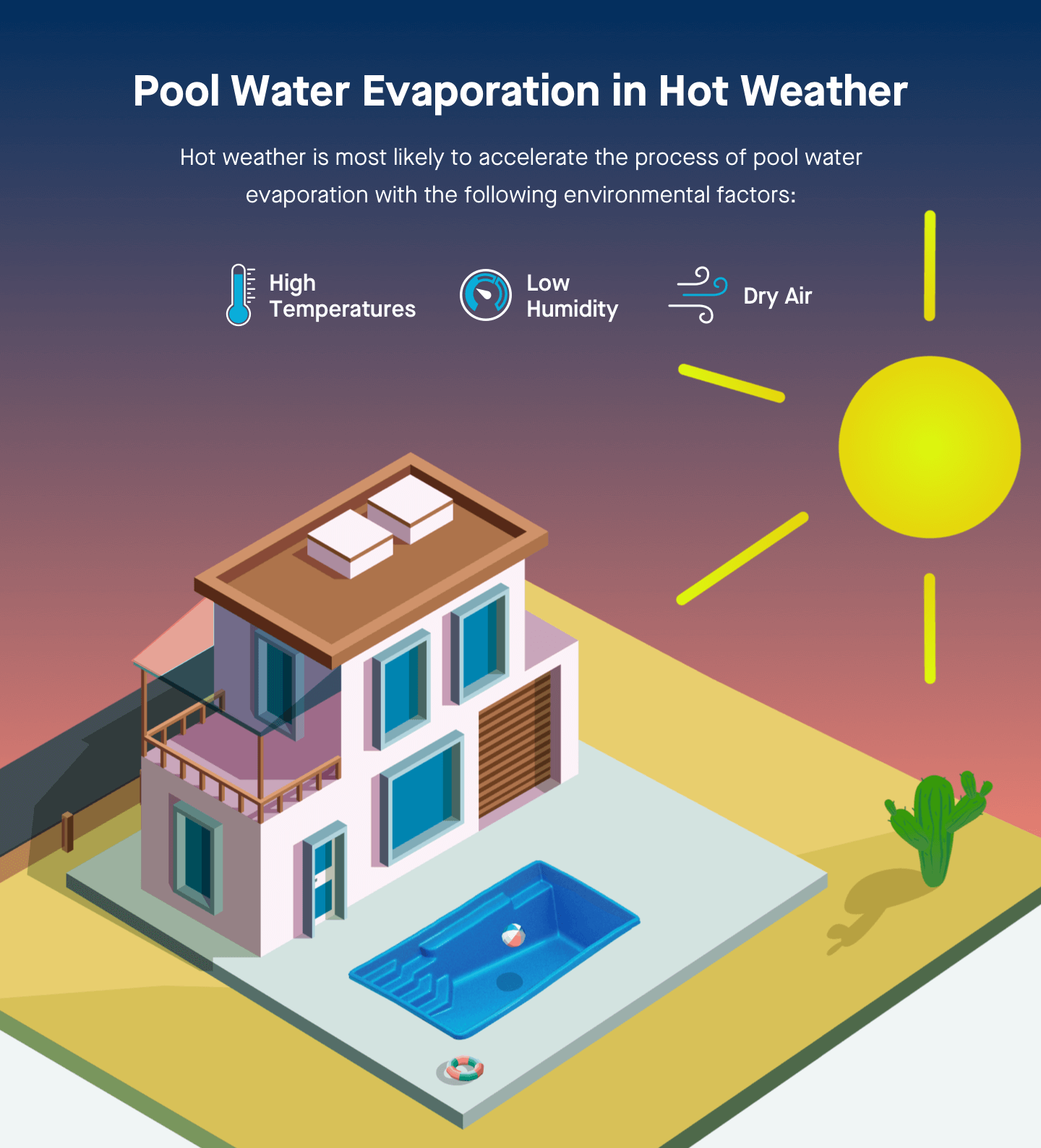
Pool Water Evaporation in Cold Weather
You might think that you’re safe from the threat of evaporation because you live in a cooler climate with greater variation between the seasons. While it’s true that baking temperatures and glaring sunlight make evaporation more noticeable, there are also factors that can cause rapid evaporation during the autumn or even winter.
It can help to understand some of the science behind this phenomenon. The colder the water in your pool becomes, the greater the pressure difference grows between the water and the surrounding air. As this difference increases, the evaporation process speeds up — especially in the dry, low-humidity air that winter so often brings.
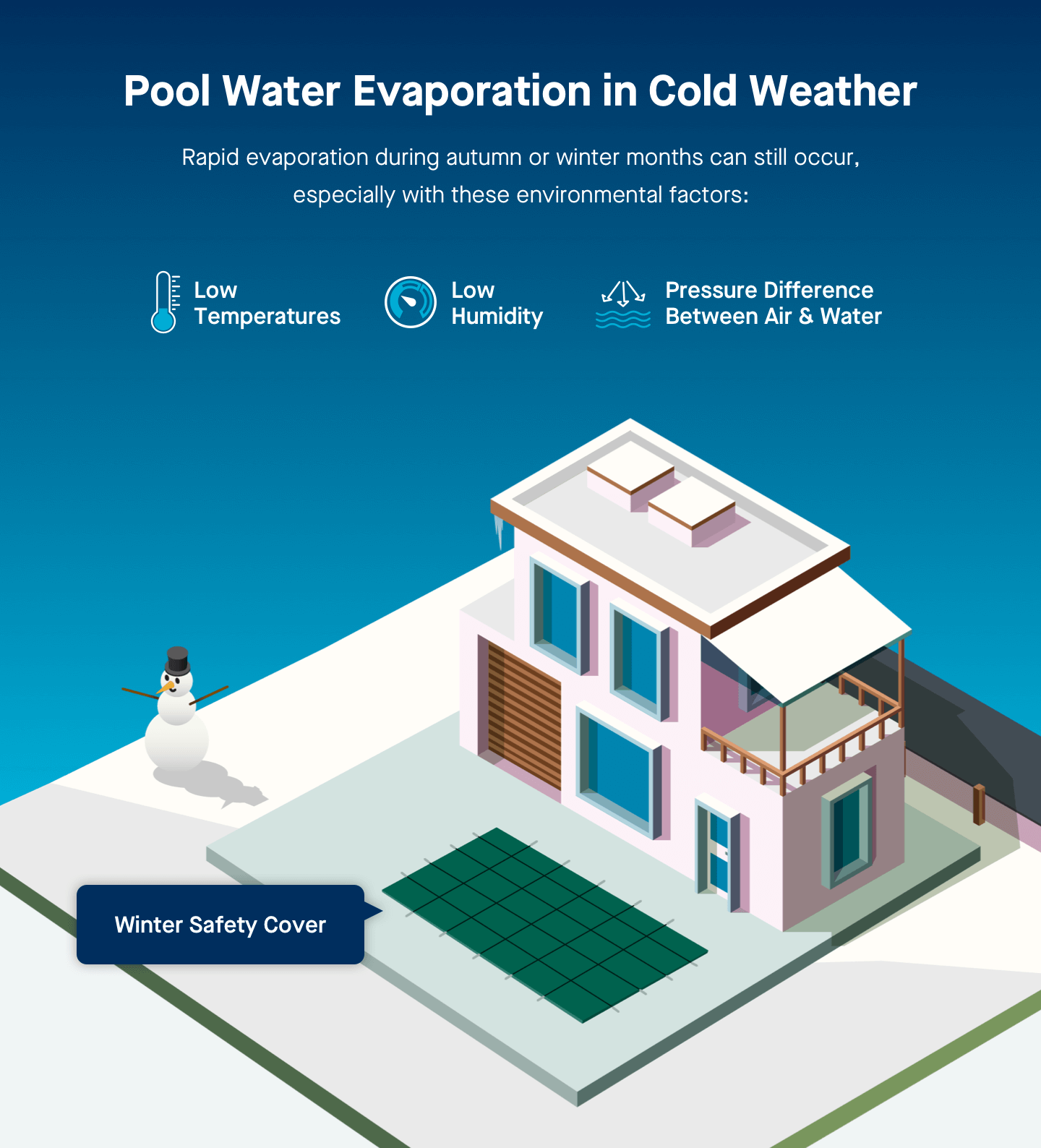
So how much does a pool evaporate in winter? As in summer, it depends on factors like your living environment and the size of your pool. However, you could be losing 1/4” of water per day — or potentially even more.
Pool Evaporation Rate: How Fast Does Pool Water Evaporate?
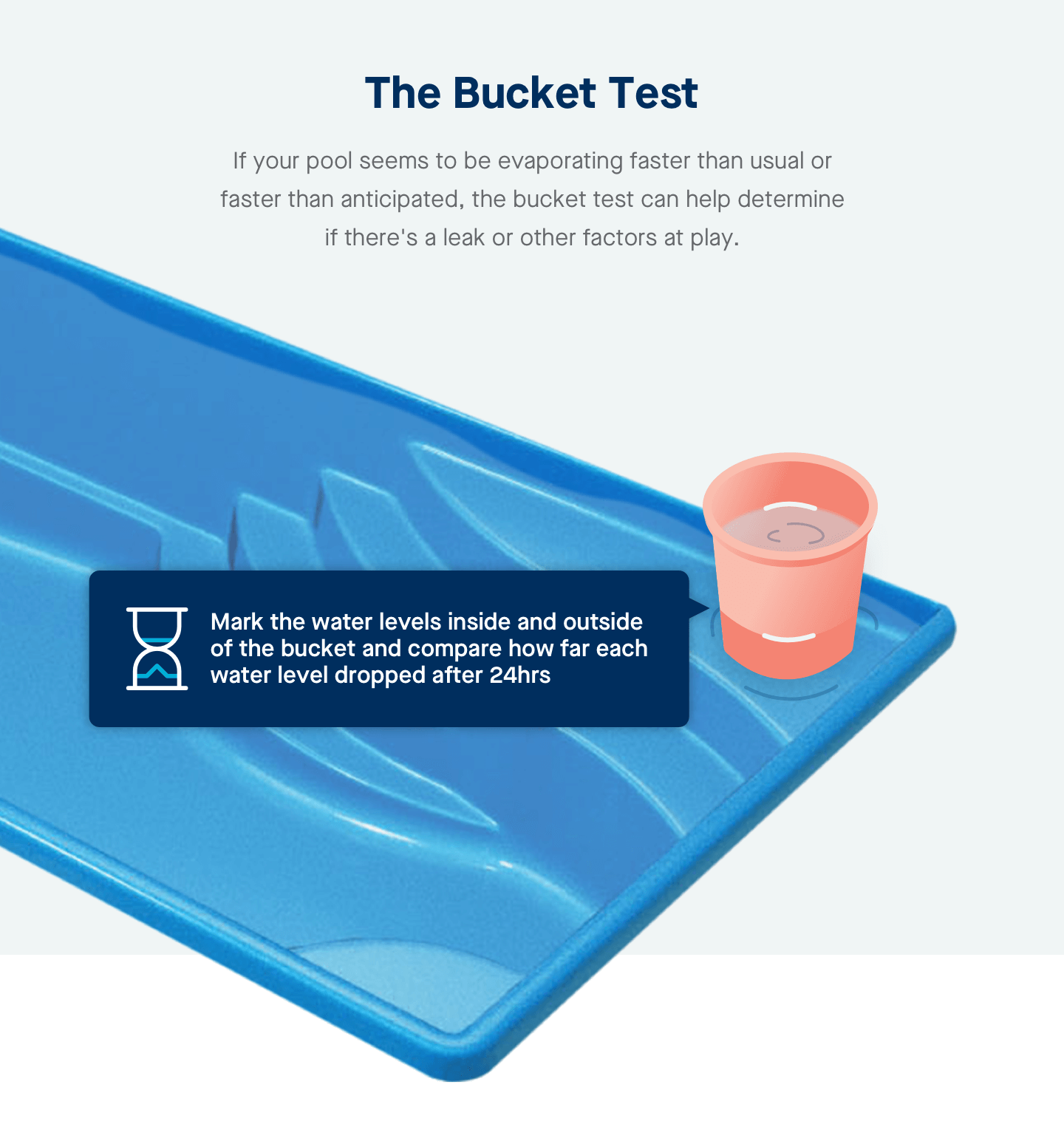
Your local builder has equipment that can be used to detect leakage and isolate the source. They also have a device that can be used to measure the rate of evaporation. However, there is a simple and reliable test that you can conduct yourself to help determine if water loss is due to a leak or evaporation.
- Get a bucket.
- Secure it to a step in your pool. A heavy rock in the bottom of the bucket is often all you need.
- Fill the bucket with water up to the same level as the pool water. Use tape or waterproof pen to mark the water level in the bucket.
- Leave the bucket in place overnight.
- Check the bucket water level in the morning.
If the pool water level has dropped but the bucket level has not, it’s very possible that you have a leak. If both have dropped at the same rate, the cause is almost certainly evaporation.
The differential that occurs between the pool water temperature and the air temperature on late summer nights causes water to evaporate at an accelerated rate. In some cases you might see a water level difference of 1-3 inches overnight. Depending on the size of your pool, that can be over 500 gallons of water loss!
Why Does My Pool Water Evaporate So Fast?
If your pool seems to be evaporating faster than usual or faster than anticipated, a few different culprits could be at play. Here are a few reasons why your pool water may be evaporating faster than expected:
- There’s been a period of exceptionally dry, hot and/or windy weather — all factors that will accelerate evaporation.
- Your pool receives high exposure to direct sunlight, which a pool cover may help to reduce (while also having the added benefit of helping to prevent accidents).
- There is a leak somewhere in your pool that is responsible for the excessive water loss.
Why Pool Water Loss Matters
Excessive overnight water loss is an issue for many reasons:
- It costs money to replace the lost water.
- The change in volume can affect water chemistry, causing calcium scaling and other issues.
- Water loss and heat loss go hand-in-hand, and it is expensive to keep bringing your pool up to the desired temperature each morning.
Needless to say, you want to control evaporative water loss as best you can.
How Do You Stop Pool Water From Evaporating?
Fortunately, there are a number of ways to curtail overnight evaporation and keep your pool water where it belongs. One is to put a solar cover in place every night. While this is effective, it does require some manual labor at the end of each day and could be unsafe.
Another is to use a “liquid pool cover.” This is a chemical you add to your water that forms an invisible barrier on the surface that cuts down on evaporation. You won’t notice this substance while you are swimming, but as soon as you’ve left the pool and the water settles, the barrier reforms. Again, this approach can be effective, but the chemical is slowly broken down and must be replaced monthly.
Perhaps the best solution is to install an automatic safety cover. Not only can you deploy it each night with the flip of a switch and prevent costly water and heat loss, it also keeps your family safe by preventing children and pets from entering the pool without supervision.
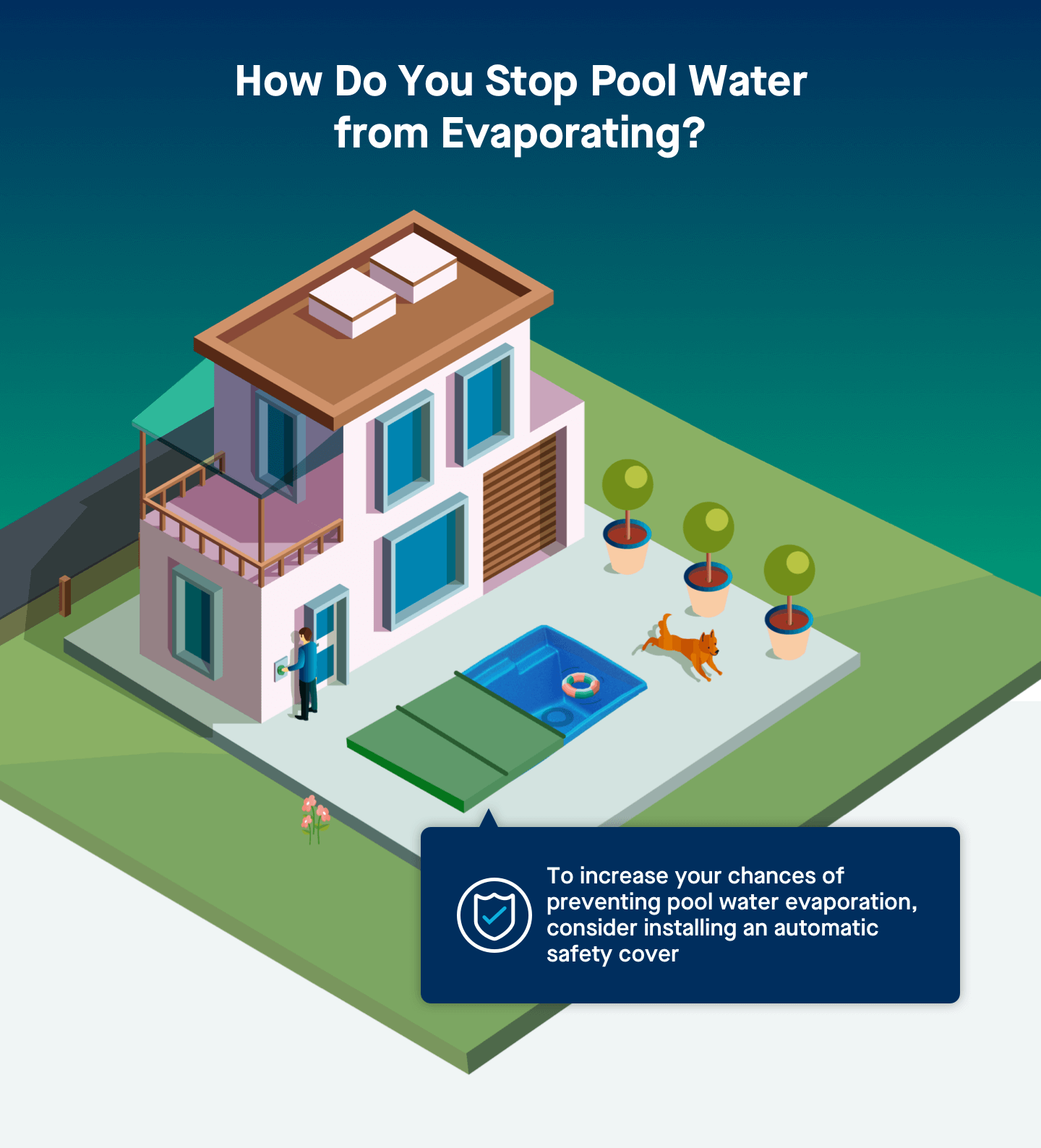
Is Your Pool Losing Water Overnight? Let’s Address Your Water Loss Concerns
If your bucket test is inconclusive or you’d simply like to get a professional opinion on your water loss, we’re happy to help. Find the independent builder near you today and let’s be sure you’re avoiding unnecessary costs from leaks or evaporation.


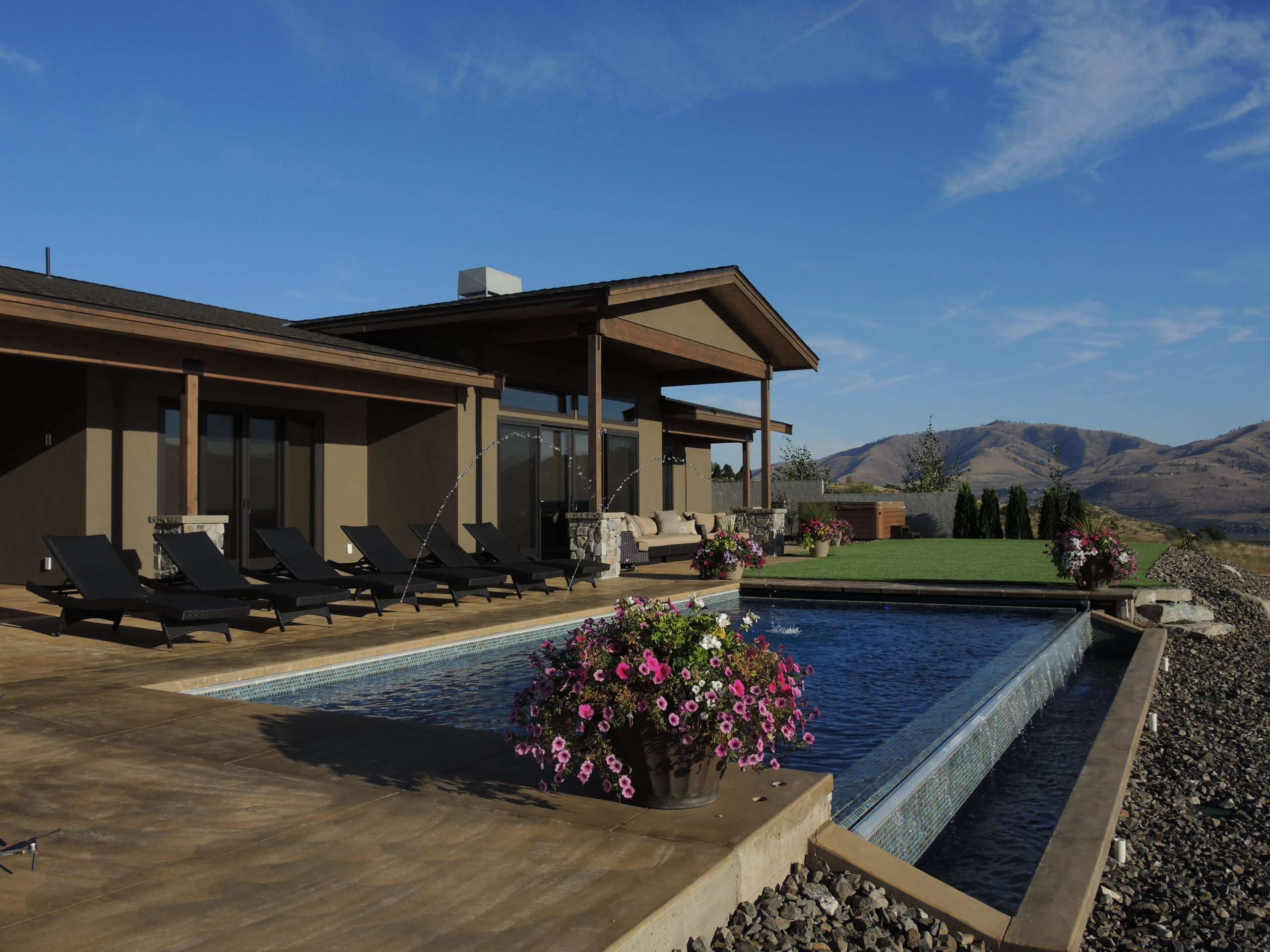

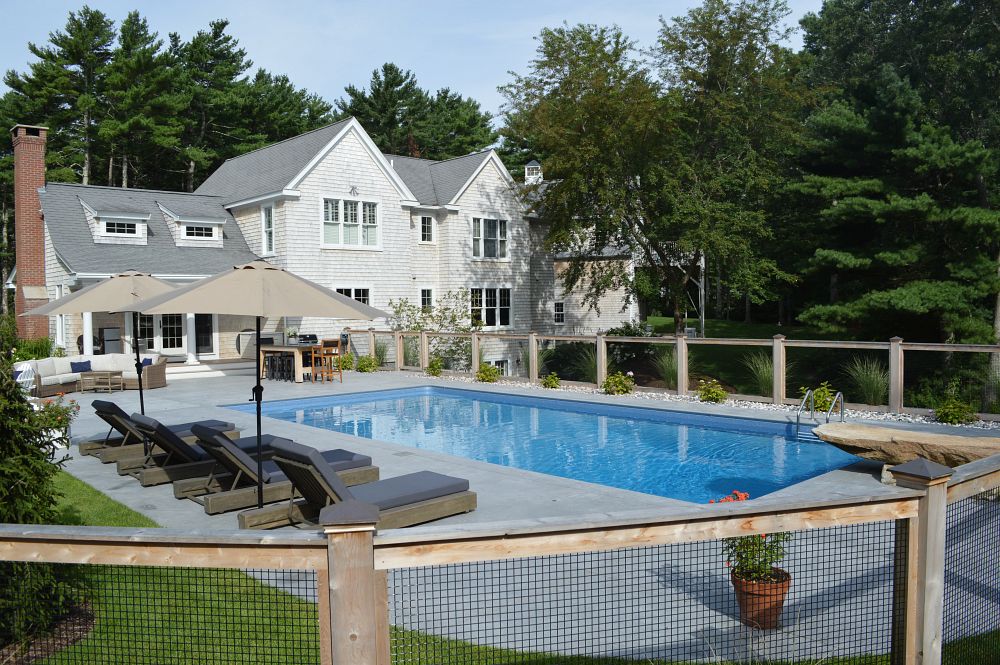
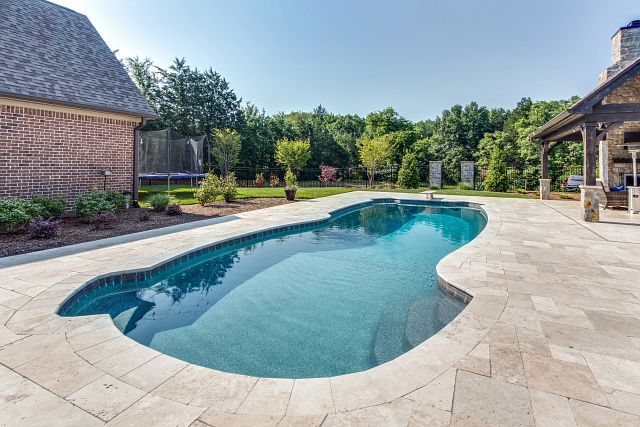
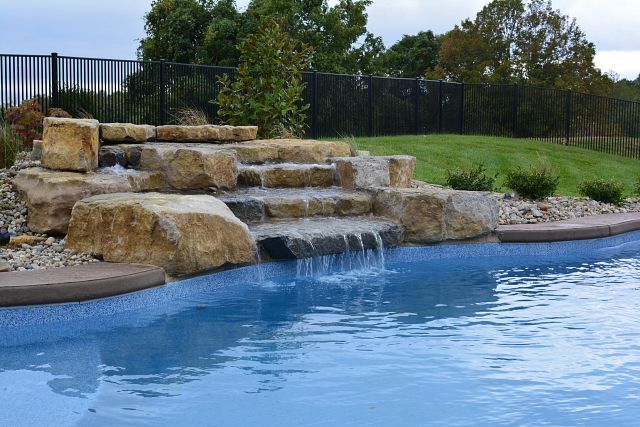
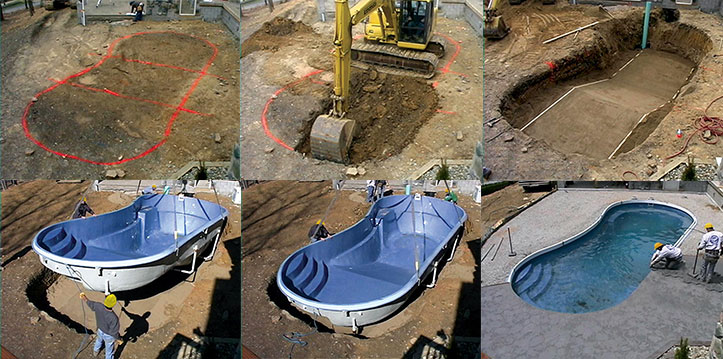
Join the discussion